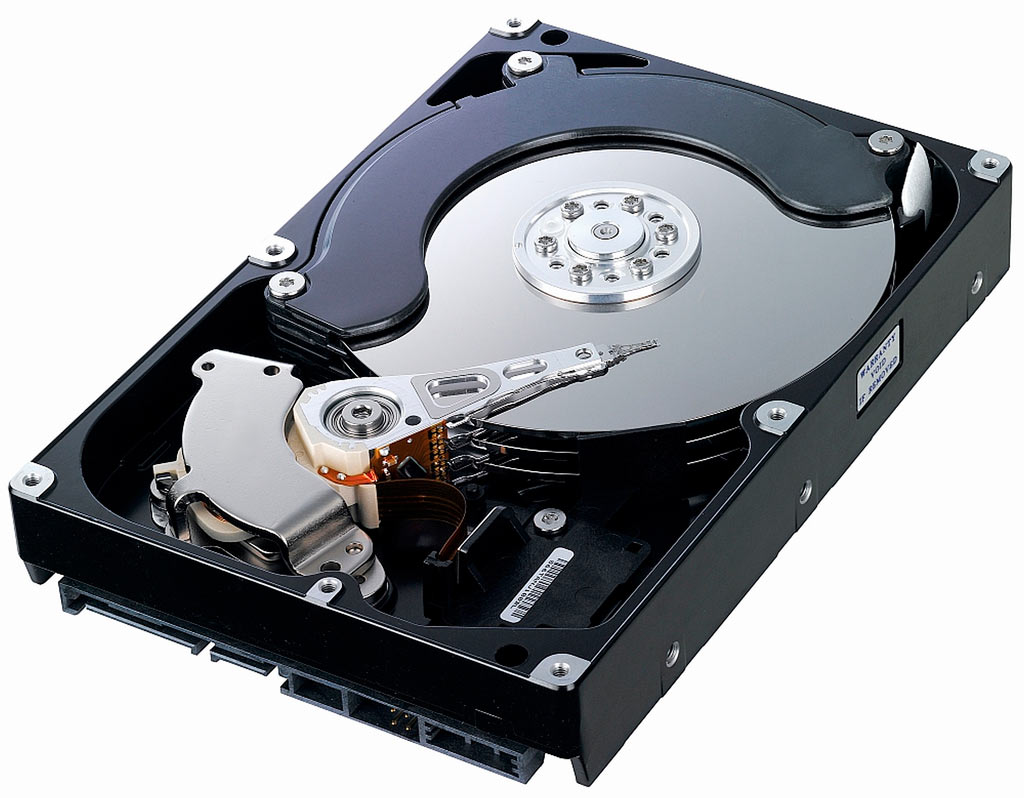Seagate Technology PLC (NASDAQ: STX) received good news on Monday, that its unsecured debt rating had been upgraded by Moody’s. What this means is that Seagate is now considered investment grade by all three of the major credit ratings agencies.
The company is one of the leading providers in the hard disk drive (HDD) industry, which Moody’s considers a duopoly due to the substantial industry consolidation over the past decade. With a high operating leverage, Seagate is expected to continue generating solid profit and free cash flow over the next few years and to maintain strong credit metrics.
However there is a long term risk for the company, with the threat of potential product obsolescence and substitution from solid state drives (SSD). SSDs are being deployed in more high performance data center storage environments due to their greater speed, power and footprint efficiency in lucrative enterprise and data center markets. Moody’s expects that given the anticipated growth of digital content there will continue to be a stable demand for HDD technology for the foreseeable future.
Seagate also benefits from very strong liquidity with over $2 billion in cash as of the beginning of October.
As a result, Moody’s upgraded Seagate’s HDD Cayman’s senior unsecured debt ratings to Baa3 from Baa1. The firm also withdrew Seagate Technology HDD Holdings’ Corporate Family Rating of Ba1, Ba1-PD Probability of Default rating and SGL-1 Speculative Grade Liquidity Ratings. The rating outlook is stable.
In its report the ratings firm also mentioned future upgrades and downgrades saying:
Moody’s could upgrade Seagate’s ratings if the company maintains its solid position in the HDD industry, delivers strong revenue and cash flow growth from a more diversified business profile, and generates free cash flow to debt in the 30% range on a sustained basis. The company could also be considered for upgrade if it maintains adjusted operating margins of above 14% and demonstrates continual commitment to a conservative financial policy.
Seagate’s rating could be downgraded if the company experiences a loss of technological leadership or if the HDD industry’s unit shipments suffer a greater than expected contraction. Material revenue and EBITDA declines could result in negative credit implications. Additionally, Moody’s could downgrade the rating if Seagate engages in aggressive financial policies.
Shares of Seagate were up over 2% at $66.31 in mid-afternoon trading on Monday. The stock has a consensus analyst price target of $64.89 and a 52-week trading range of $48.05 to $66.52. Seagate has a market cap of over $21 billion.
Thank you for reading! Have some feedback for us?
Contact the 24/7 Wall St. editorial team.





